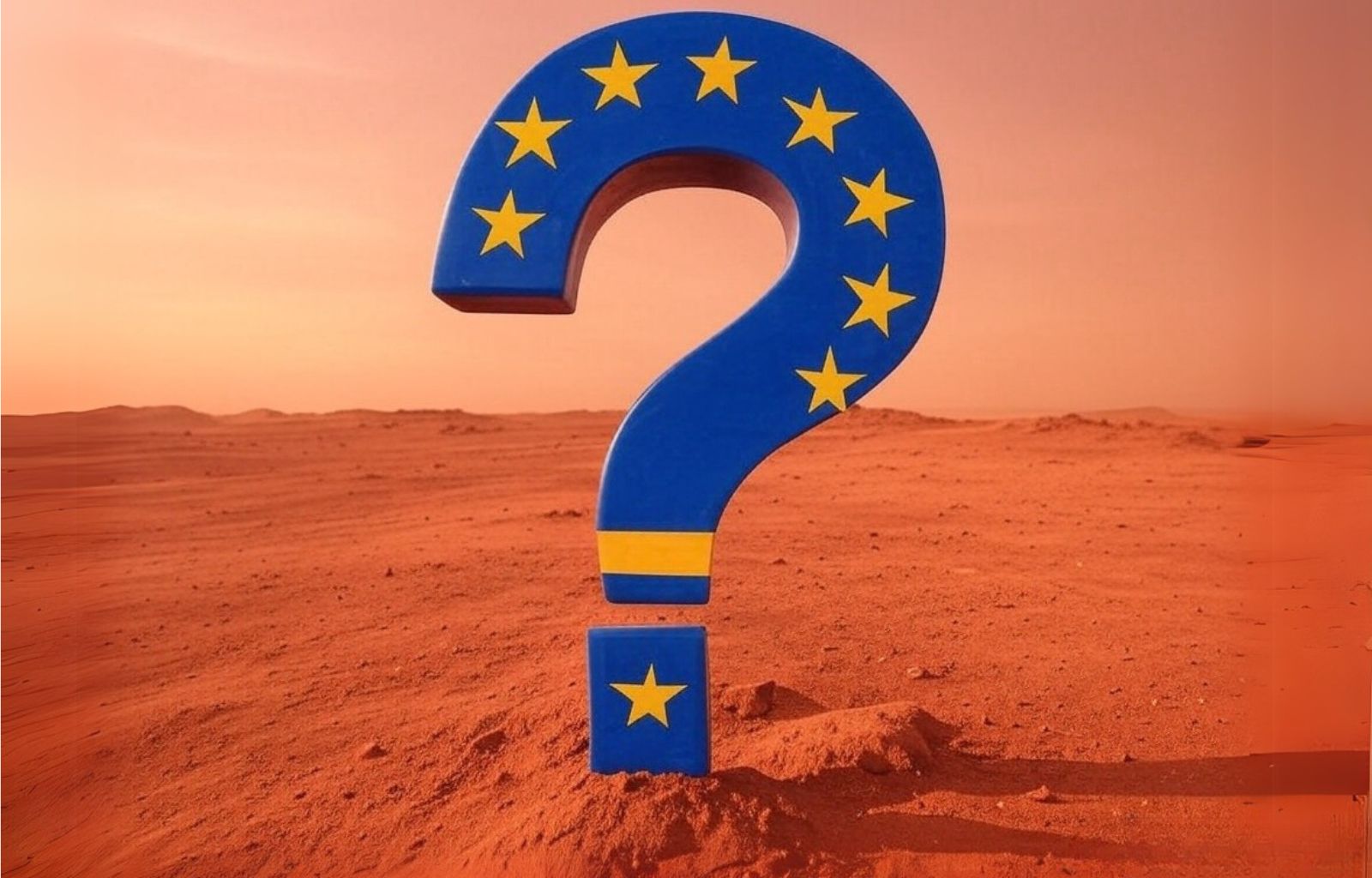Space, the Achilles heel of European strategic autonomy

In the middle of the Arctic night, on 30 March last, a European rocket briefly streaked across the sky in Andøya, Norway. It was to be the first all-European orbital launch – built by a German start-up, launched from a site on the Old Continent, designed for small strategic satellites. After 40 seconds, Isar Aerospace’s Spectrum exploded in flight. A technical failure, certainly, but also the symbol of a systemic weakness afflicting Europe: dependence on the United States for everything related to the space dimension of security and defence.
This was emphasised by Jo Inge Bekkevold and Jonas Vidhammer Berge in an article published on 5 May in Foreign Policy: without space capabilities of their own, the European armed forces are ‘blind and grounded’. Space is no longer just the theatre of scientific missions or the realm of civil telecommunications, but the invisible domain on which intelligence, positioning, navigation, secure communications, deterrence capabilities and operational conduct in modern warfare now depend. Yet, in this crucial field, Europe is lagging behind.
A merciless comparison with the great powers
The comparison with other global players is merciless. While the United States reinforces its hegemony with the Space Force and public-private collaboration (SpaceX above all), and China accelerates its presence with constellations of tens of thousands of satellites, Europe is limping along. Even Russia, despite sanctions, has a military space network superior to that of Europe. The only real autonomous project worth mentioning is Galileo, the satellite navigation system developed by the European Space Agency (ESA), an alternative to the American GPS. But it is not enough.
In terms of launch capacity, Europe lags behind. Between 2022 and 2024, out of 672 global orbital launches, only 12 were European, and most of these departed from the Kourou base in French Guiana – technically on South American soil. ESA’s flagship Ariane 6 rocket first flew in March 2025, five years behind schedule. Meanwhile, European space start-ups are fragmented, underfunded and poorly coordinated. Commercial space is now dominated by American and Asian players, capable of attracting capital and talent on a global scale. The comparison with SpaceX is discouraging: Elon Musk has already deployed over 7,000 satellites in low orbit with Starlink, while the EU aims to put 290 satellites in orbit by 2030 with the IRIS² project – an initiative that, at best, will come too late to affect the ongoing geopolitical crises.
Towards a European space doctrine
Yet, something is moving. The European Commission published the White Paper for European Defence – Readiness 2030 in March, explicitly recognising the need to close gaps in the space domain. The new European Space Act, expected in the second half of 2025, should provide a regulatory framework for a sector that is struggling to get off the ground. The companies SES and Thales Alenia Space, along with others, are mobilising to provide alternative solutions to Starlink, in particular to ensure connectivity in war or emergency scenarios. According to Reuters, SES is already in talks with the EU to provide continuous satellite coverage in Eastern Europe and the Mediterranean.
Then there is the strategic issue. Donald Trump’s return to the White House has soured European confidence in the US umbrella. Although the new Secretary of State Marco Rubio has reassured European allies about the American commitment to NATO, political ambiguities remain. The Starlink affair and Musk’s influence on the Ukrainian conflict – including the veto imposed on the use of satellites in Crimea – has shown how risky it is to entrust such crucial security instruments to external (and partly private) operators.
The future of space will be marked by confrontation and competition. This was also stated in no uncertain terms by the commander of the U.S. Space Command, General Stephen Whiting, on the sidelines of the Space Symposium held in Colorado in April: “Space is now a contested domain. Satellites will be the targets of the next conflict.” Words that would require a sharper European response, technologically, industrially and strategically.
We need a European space doctrine, which integrates civil and military capabilities, promotes the resilience of critical infrastructures and invests in the possibility – so far only hinted at – of also developing defensive anti-satellite capabilities. Moreover, investing in space is not only about strengthening defence: many space technologies have civil and dual-use impacts, as the very history of the Apollo programme shows, which accelerated the development of microchips, medical imaging and advanced materials.
Europe has the resources, the human capital and the ambition to become an autonomous space power. But it still lacks a coherent vision. If the continent really wants to exercise full and credible sovereignty, it cannot remain a spectator in space. What is needed is a new season of industrial policy, a true alliance between the public and private sectors, and above all a shared political will to project itself – even among the stars – as a Union. Because, as Bekkevold and Berge write, ‘a military power without space capabilities is blind’. And today Europe, blinded by its own disenchantment, is in danger of being grounded.











